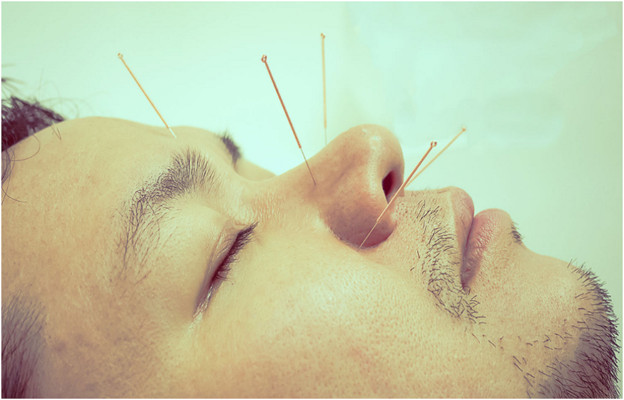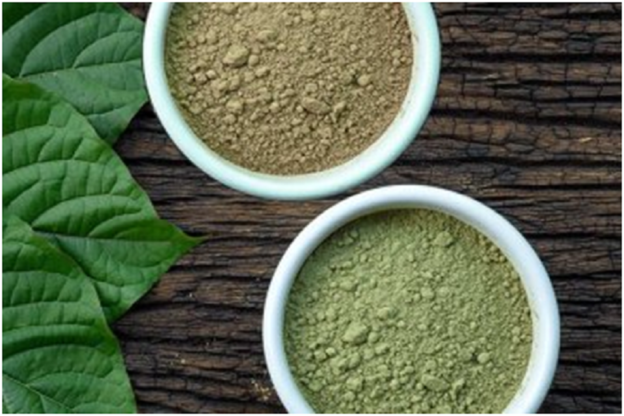Our ongoing research into human biology reveals a crucial insight: the gut plays a significant role in managing inflammation and overall health. Beyond aiding digestion, the gut influences our emotional well-being and protects against disease. By focusing on how the gut impacts inflammation, we can discover new pathways to enhance our health.

The gut is home to a complex ecosystem of microbes, including bacteria, fungi, and viruses, collectively known as the microbiome. This microbial community assists with digestion, produces essential vitamins, and helps protect against harmful pathogens. However, when this balance is disrupted—whether by stress, a poor diet, or illness—it can lead to inflammation not just in the gut but throughout the body.
The relationship between gut health and inflammation centers on how the immune system responds to imbalances in the microbiome. When harmful microbes dominate or the gut barrier weakens, toxins can enter the bloodstream, setting off a chain reaction that results in inflammation. Over time, chronic inflammation can lead to serious health problems.
Many conditions, including autoimmune diseases like rheumatoid arthritis and metabolic issues such as obesity, are associated with poor gut health. Even neurological disorders, such as depression and Alzheimer’s, are linked to chronic inflammation originating in the gut.
To improve gut health and reduce inflammation, lifestyle changes are essential. Managing stress and ensuring good sleep hygiene are key. Practices like mindfulness, meditation, and yoga can significantly reduce stress-induced inflammation, while adequate sleep helps maintain a healthy gut lining and immune function.
Diet also plays a pivotal role in gut health. A fiber-rich, nutrient-dense diet helps support good gut bacteria, which in turn strengthens the gut barrier and reduces inflammation. Foods rich in omega-3 fatty acids, such as fish and flaxseeds, offer anti-inflammatory benefits. At the same time, limiting processed foods and sugar is important, as these can encourage harmful bacteria and increase inflammation.
Incorporating probiotics into your diet—through food or supplements—can also promote a healthy microbiome. Regular physical activity further enhances digestion and helps prevent inflammation.
By recognizing the link between gut health and inflammation, we can make informed decisions to protect our well-being. Nurturing the gut can reduce inflammation and promote long-term health.
For additional tips on maintaining gut health and preventing inflammation, explore our comprehensive guide.
The Gut-Inflammation Connection was created by Nava Health, an integrative wellness center in Montvale, NJ








Leave a Reply
You must be logged in to post a comment.